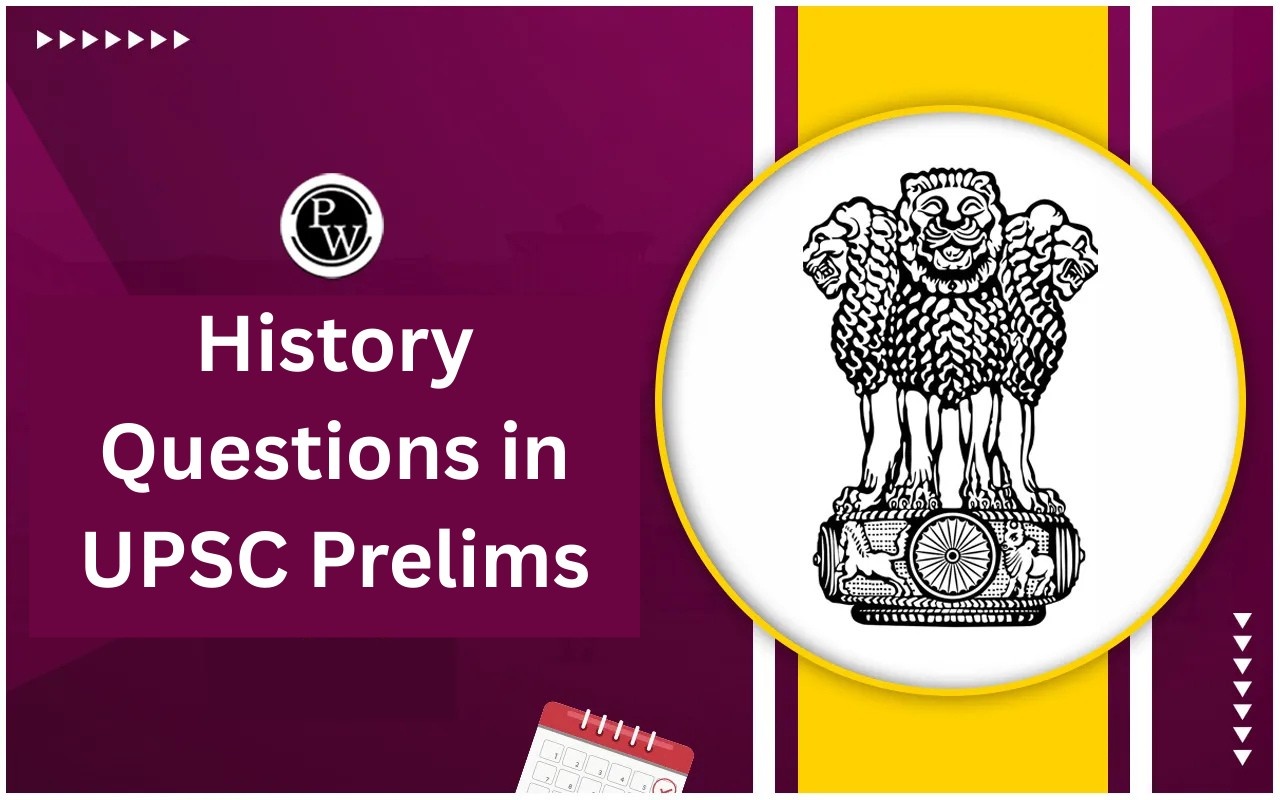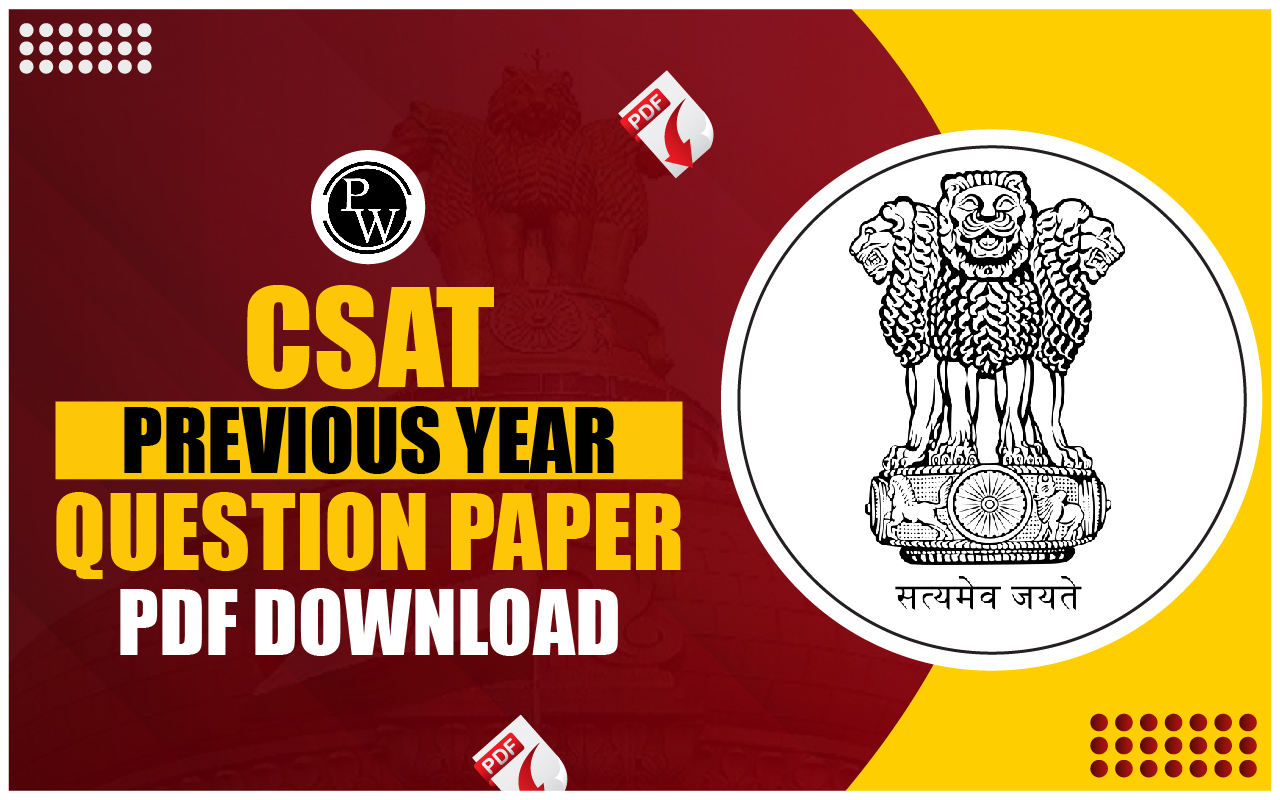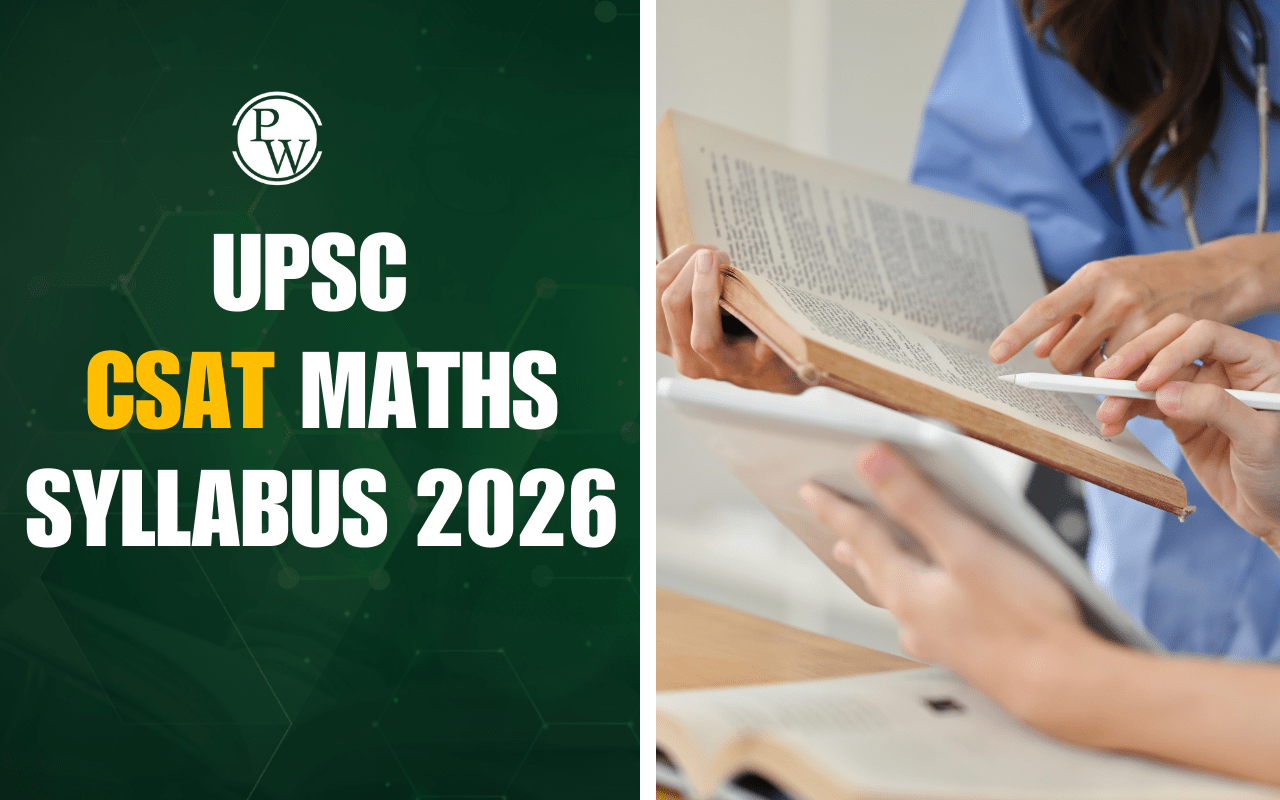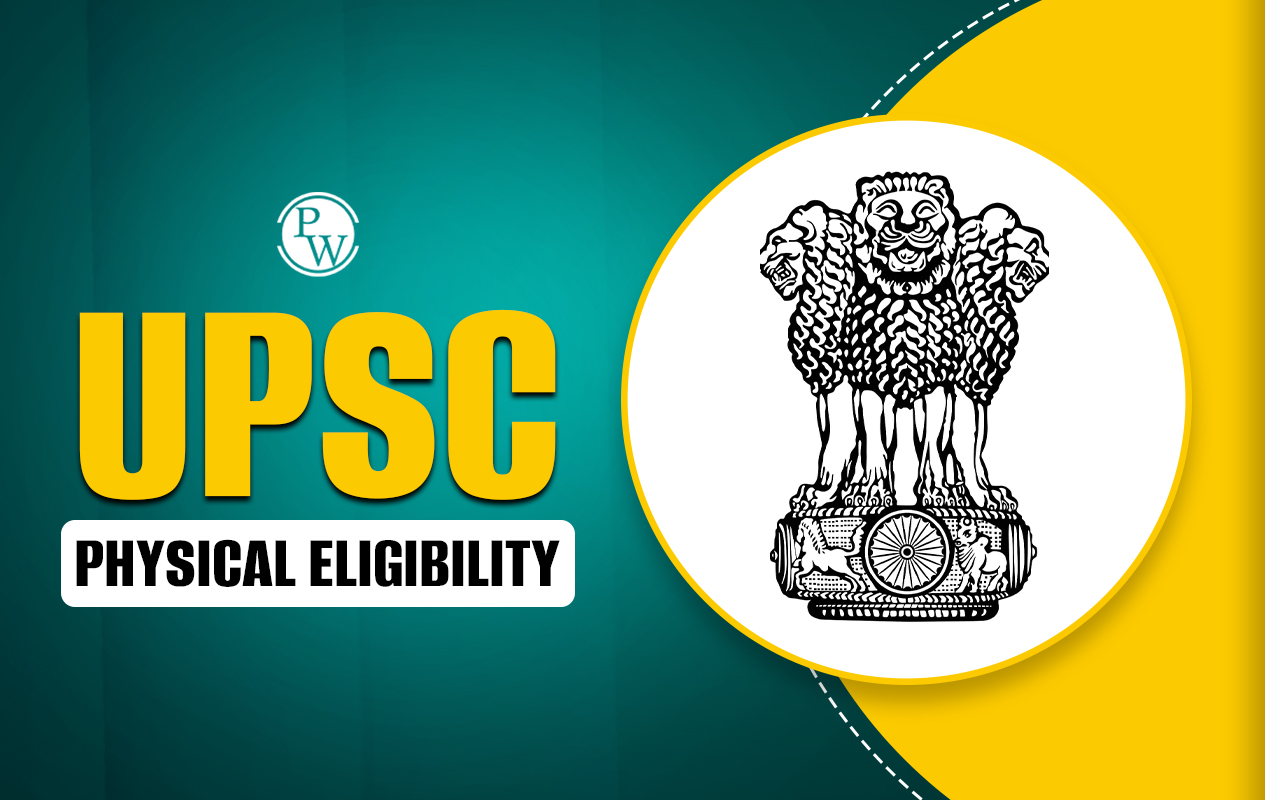
Sadbhavna Diwas commemorates the birth anniversary of Rajiv Gandhi, former Prime Minister of India. It is observed every year on August 20 to promote peace, communal harmony, and goodwill among all citizens, regardless of caste, creed, religion, or region. For UPSC aspirants, understanding Sadbhavna Diwas offers a window into India’s secular values, post-independence political history, and the role of leadership in nation-building.
Sadbhavna Diwas 2025
Sadbhavna Diwas is observed annually on August 20. It is the birth anniversary of India’s former Prime Minister Rajiv Gandhi. The term “Sadbhavna” refers to goodwill or harmony. The day is dedicated to promoting national integration, peace, and communal harmony. The objectives of celebrating Sadbhavna Diwas can be summarized as follows:
- Promote emotional unity and peace within different communities in a diverse India.
- The day focuses on encouraging youth to uphold secularism and democratic values.
- The day is also celebrated to honor the contributions of Rajiv Gandhi in modernizing India.
- Sadbhavna Diwas aims to promote awareness about the importance of mutual understanding in a diverse society.
History of Sadbhavna Diwas
Sadbhavna Diwas was first observed in 1992, after Rajiv Gandhi was assassinated in 1991. The decision to celebrate his birth anniversary was taken by the Indian National Congress and various other civil organizations. The day was envisioned as a means to deal with growing communal tensions and promote harmony through peaceful means and education.
| History of Sadbhavna Diwas | |
| Particulars | Details |
| Starting Date | August 20, 1992 |
| Purpose | Initiated to honor Rajiv Gandhi’s vision of a unified, peaceful India. |
| Organizing By | Originally promoted by the Congress Party, now observed by various institutions |
| Nature of Observance | Non-political, focusing on social and ethical unity |
Sadbhavna Diwas Pledge
Every year, on the Rajiv Gandhi Birth Anniversary Day, the Sadbhavna Diwas pledge is administered and taken to signify a commitment to work towards emotional oneness and harmony among all citizens, regardless of their background, and to resolve differences through dialogues and peaceful means. The oath is as follows:
“I take this solemn pledge that I will work for the emotional oneness and harmony of all the people of India, regardless of caste, region, religion, or language. I further pledge that I shall resolve all differences among us through dialogue and constitutional means without resorting to violence.”
Rajiv Gandhi Jyanti 2025
Former Prime Minister of India and Bharat Ratna awardee, Rajiv Gandhi's 81st birth anniversary is celebrated as Sadbhavana Diwas on August 20
Rajiv Gandhi: The Visionary Leader
Rajiv Gandhi was India's sixth and youngest Prime Minister. He played a key role in shaping modern India. He became the PM in 1984 after the assassination of his mother, Indira Gandhi, and served until 1989. Rajiv Gandhi primarily focused on modernization, youth empowerment, and digital transformation during his tenure as the Prime Minister.
He was a firm believer that communal unity and national integration were essential for progress. He actively spoke against hate politics and called for a peaceful, forward-looking India. Sadbhavna Diwas reflects his belief that only through mutual respect and cooperation can a nation walk in the path of development. The important contributions of Rajiv Gandhi can be summarized as follows:
| Contributions of Rajiv Gandhi | |
| Areas | Contributions |
| Technology | Introduced computers and IT in government and education |
| Education | National Policy on Education (1986) |
| Decentralization | Strengthened Panchayati Raj through the 73rd and 74th Amendments |
| Peace Initiatives | Promoted regional cooperation (e.g., SAARC) and attempted peace in Sri Lanka |
| Youth Centric | Founded the Rajiv Gandhi National Institute of Youth Development |
Significance of Sadbhavna Diwas
Sadbhavna Diwas signifies the message of unity in diversity. It is a key principle included in the Indian Constitution. The significance of Sadbhavna Diwas can be summarized as follows:
-
Promotes Communal Harmony: As India continues to face social and religious tensions, this day serves as a call for peaceful coexistence.
-
Strengthens Democratic Values: It supports values like tolerance, dialogue, and collective decision-making.
-
Encourages Youth Engagement: Students and young citizens participate in activities promoting social awareness and peace.
-
Supports Constitutional Morality: Reinforces the ideas of secularism, fraternity, and equality as enshrined in the Preamble.
-
Prepares Future Leaders: For UPSC aspirants, internalizing these values is crucial to becoming ethical administrators.
Rajiv Gandhi National Sadbhavna Awards
The Rajiv Gandhi Sadbhavna Awards are presented to honor individuals and organizations for their outstanding contributions to promoting peace, communal harmony, and national integration in India. Check the table below for the list of Rajiv Gandhi National Sadbhavna Awards recipients:
| Rajiv Gandhi National Sadbhavna Awards | ||
| Year | Name | Contribution |
| 2024 | Geeta Reddy | Former member of the Telangana Legislative Assembly |
| 2023 | Md. Irfan Khan | Recognized for integrating technology in education, especially in remote areas |
| 2022 | No Award | No award was conferred due to the COVID-19 pandemic |
| 2020-2021 | Banasthali Vidyapeeth | Educational institution for women in Rajasthan recognized for contributions to women’s education and empowerment |
| 2018 | Gopalkrishna Gandhi | Former Governor of West Bengal, known for promoting communal harmony, peace, and goodwill |
|
2017 |
M.Gopala Krishna |
Retired IAS Officer |
|
2017 |
Md. Azharuddin |
Former Cricketer |
|
2016 |
Shubha Mudgal |
Singer |
|
2014 |
Muzaffar Ali |
Film Maker |
|
2013 |
Amjad Ali Khan |
Musician |
Get ready for the UPSC 2025 exam, Explore PW UPSC Courses!
Sadbhavna Diwas FAQs
What is Sadbhavna Diwas and why is it celebrated?
When was Sadbhavna Diwas first observed?
What is the Sadbhavna Diwas pledge?
What are the key contributions of Rajiv Gandhi remembered on Sadbhavna Diwas?

UPSC Coaching









